When it comes to feeding our beloved feline friends, we often focus on high-quality meat-based foods. However, incorporating vegetables into your cat’s diet can provide added nutrients and variety. While cats are obligate carnivores, meaning they require a meat-based diet, small amounts of certain vegetables can be beneficial. This article will guide you through the top 10 vegetables that are safe and healthy for your cat.
Carrots: A Crunchy Delight
Carrots are a popular vegetable choice for cats due to their crunchy texture and sweet flavor. They are rich in beta-carotene, which the body converts to vitamin A, essential for maintaining good vision and skin health. Before serving, it’s crucial to cook the carrots until soft to prevent any choking hazards. Once cooled, you can chop them into small pieces for easy consumption. Remember, moderation is key, so offer carrots as an occasional treat rather than a staple in their diet. Cats may enjoy the slight sweetness, giving them a delightful change from their regular meals.
Peas: Tiny Powerhouses
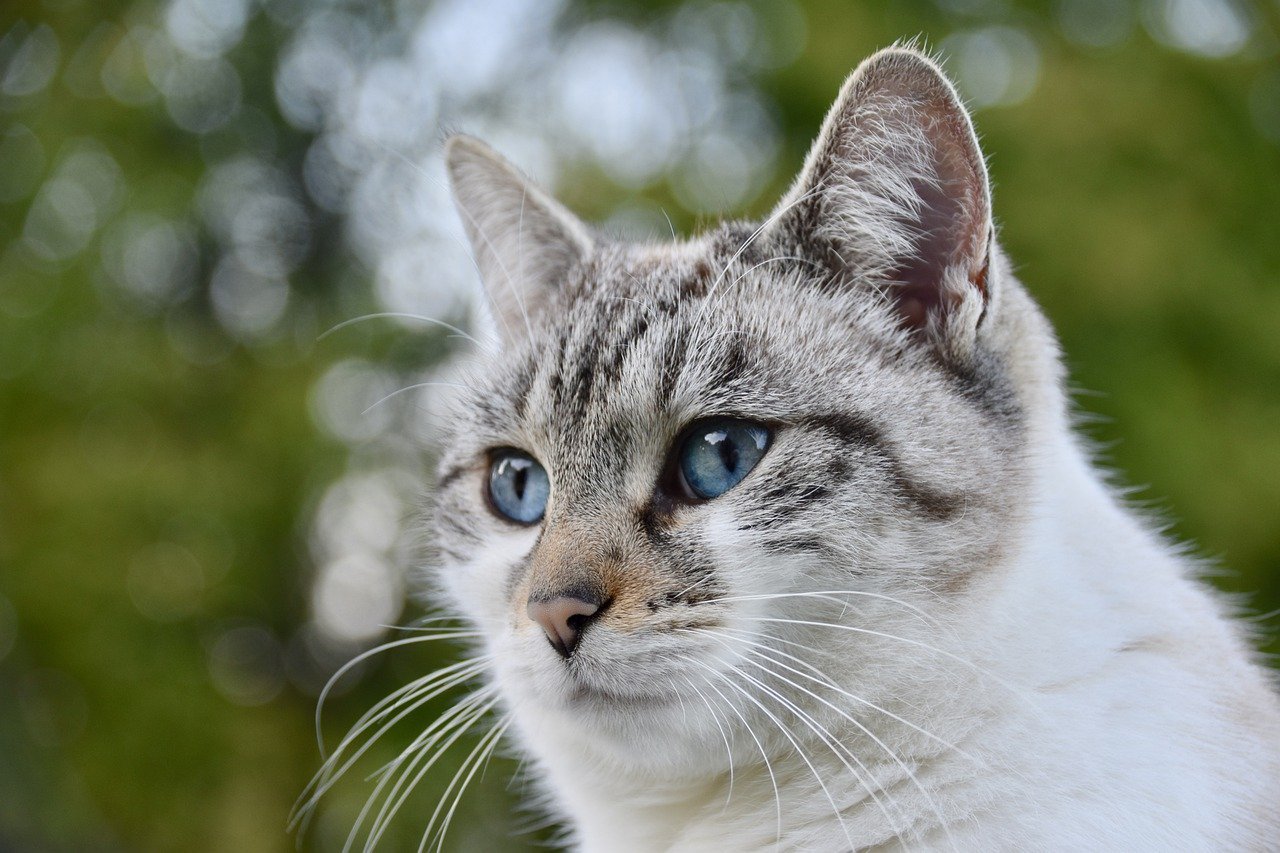
Peas are tiny vegetables packed with nutrients, making them a great addition to your cat’s diet. They are high in fiber, which aids in digestion, and contain essential vitamins like B1, K, and C. You can offer peas either fresh or frozen, but make sure they are cooked thoroughly to soften them. Cats can benefit from the slight sweetness and enjoy batting these small green spheres around before eating them. It’s a fun and nutritious way to add some excitement to their feeding routine.
Spinach: Leafy Green Goodness
Spinach is a leafy green vegetable that can provide several health benefits for cats. It is rich in iron, calcium, and vitamins A, C, and K. When feeding spinach to your cat, it’s best to offer it cooked and in small quantities. Raw spinach contains oxalates, which can interfere with calcium absorption, so cooking helps to neutralize this effect. You can mix a small amount of cooked spinach with their regular food for an added nutritional boost. The vibrant green color might even pique your cat’s interest and encourage them to try it.
Broccoli: A Nutrient-Rich Treat
Broccoli is another vegetable that can be safely included in your cat’s diet. It is loaded with fiber, vitamins C and K, and antioxidants, which support overall health and immune function. Cats may enjoy the soft florets, especially when steamed until tender. Offering broccoli as an occasional treat can provide dietary diversity and essential nutrients. Be sure to chop it into manageable pieces to prevent choking, and watch as your cat explores this vibrant green vegetable.
Green Beans: A Crunchy Snack
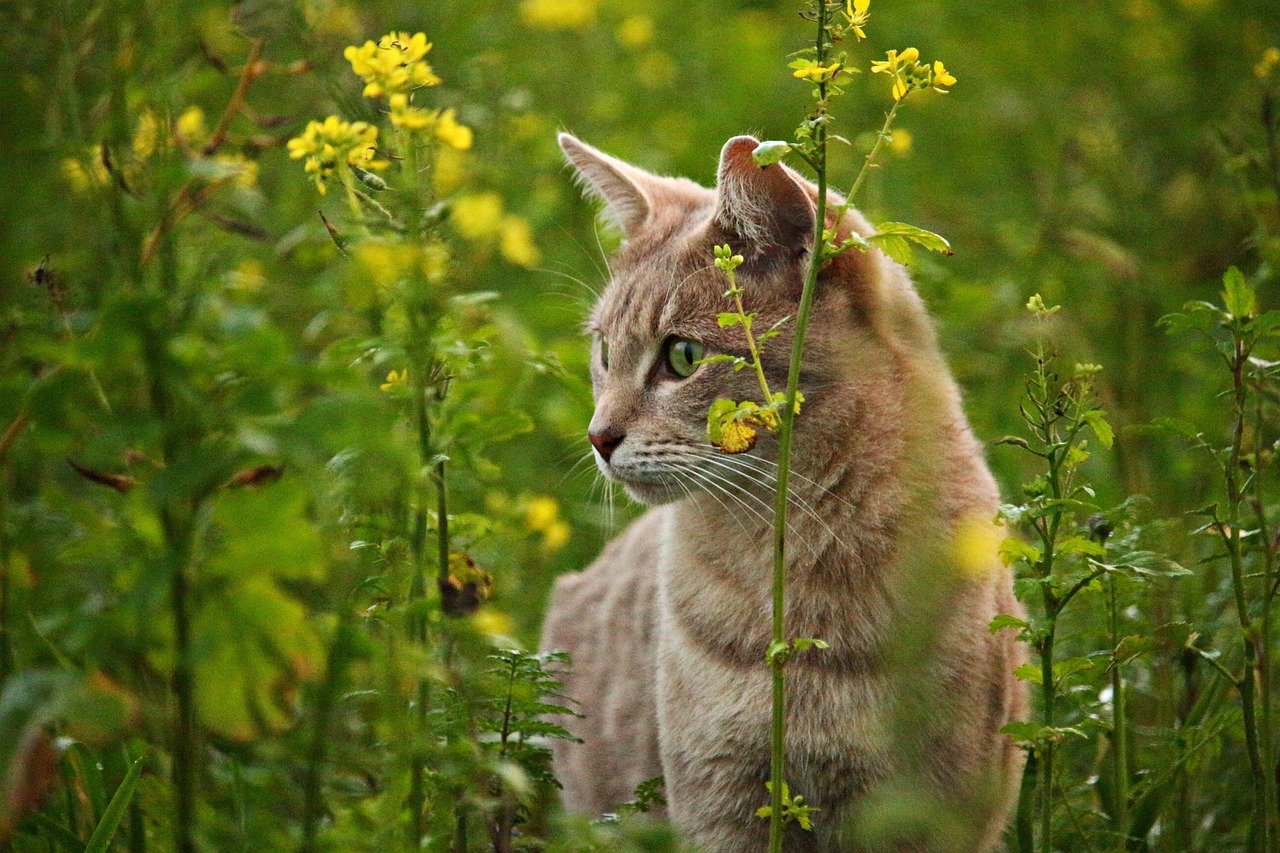
Green beans are a low-calorie vegetable option that can be a great snack for cats. They are high in fiber, which aids in digestion and can help maintain a healthy weight. Cats may enjoy the crunchy texture of green beans, especially when they are lightly steamed or boiled. Offering green beans as a treat can add variety to their diet while providing an excellent source of vitamins A, C, and K. Just be cautious not to overdo it, as too many beans might upset their stomach.
Sweet Potatoes: A Flavorful Addition
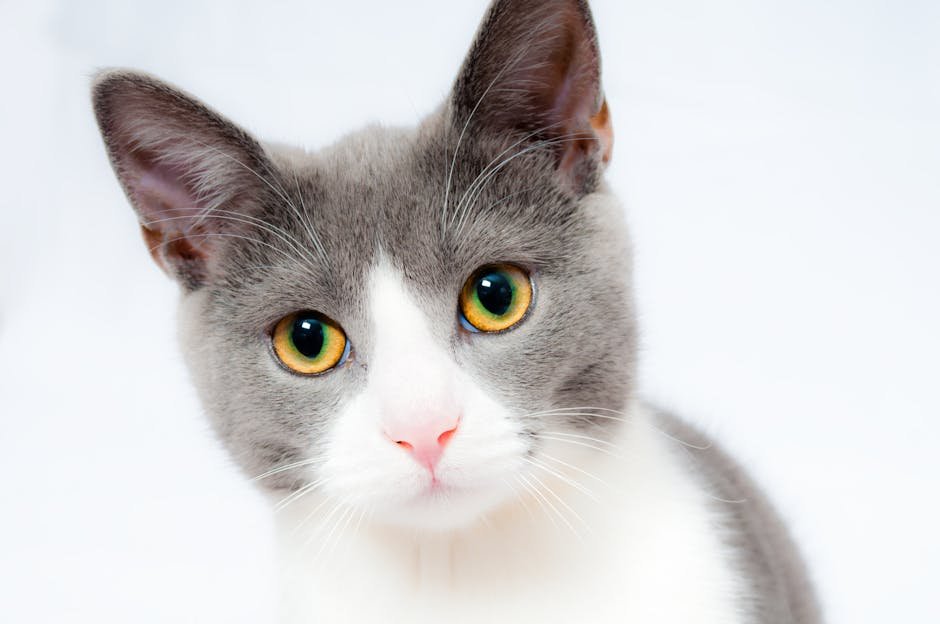
Sweet potatoes are a nutritious root vegetable that cats can enjoy in moderation. They are high in fiber and contain essential vitamins like B6, C, and beta-carotene. Before serving, cook the sweet potatoes until soft and remove the skin to avoid any choking hazards. Cats might appreciate the natural sweetness and soft texture, making it an appealing addition to their diet. Mix small amounts with their regular food to provide a flavorful and nutrient-rich meal.
Zucchini: A Light and Refreshing Choice
Zucchini is a light and refreshing vegetable that can be safely fed to cats. It is low in calories and contains essential nutrients like potassium and vitamin C. Cats may enjoy the mild flavor and soft texture of cooked zucchini. You can slice it into small pieces and mix it with their regular food or offer it as a standalone treat. Zucchini is a great way to add some hydration to your cat’s diet, especially during warmer months.
Pumpkin: A Digestive Aid
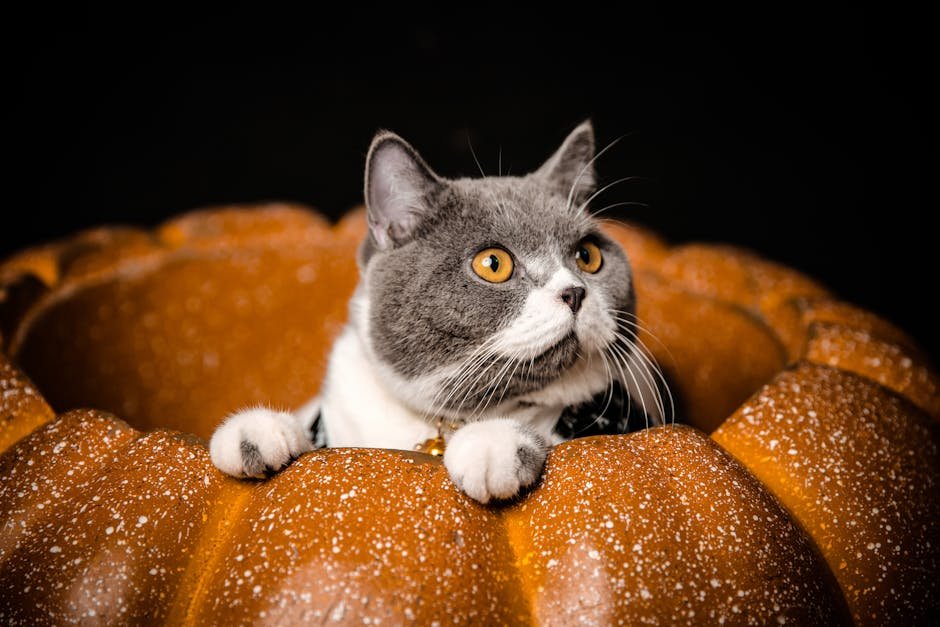
Pumpkin is a popular choice among cat owners for its digestive benefits. It is high in fiber, which can help regulate bowel movements and prevent constipation. Canned pumpkin (without added spices or sugars) is a convenient option and can be mixed with your cat’s regular food. The smooth texture and mild flavor make it an appealing addition to their diet. Pumpkin is especially useful for cats with sensitive stomachs, providing gentle relief and promoting healthy digestion.
Cucumber: A Hydrating Snack
Cucumber is a hydrating vegetable that cats can enjoy as a refreshing snack. It is low in calories and contains a high water content, making it an excellent choice for hydration. Cats might enjoy the crunchy texture and coolness of cucumber slices on a hot day. Simply wash the cucumber thoroughly, slice it thinly, and offer it as a treat. While cucumber doesn’t provide significant nutritional value, it can be a fun and hydrating addition to your cat’s diet.
Bell Peppers: A Colorful Crunch
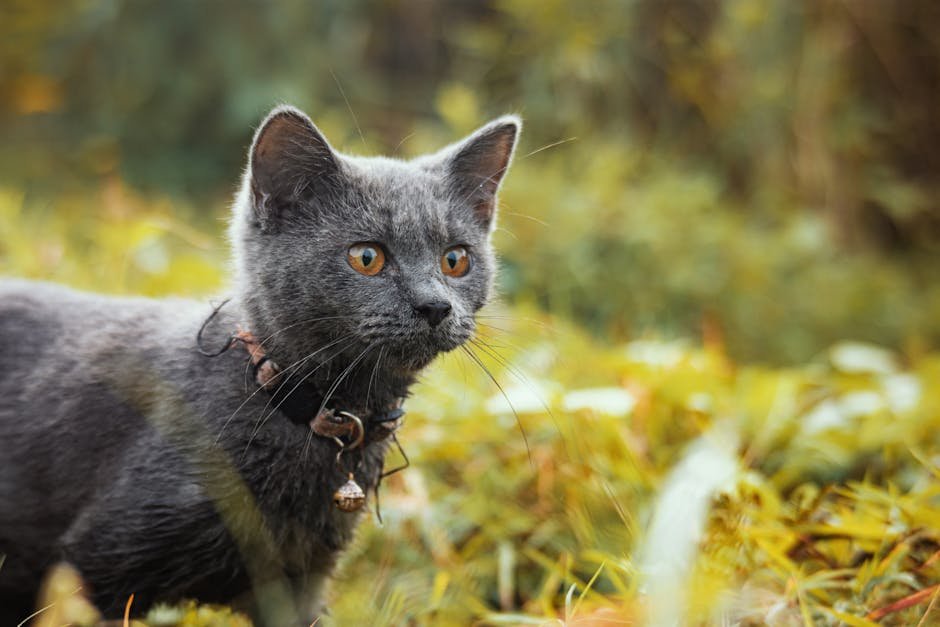
Bell peppers are a colorful and crunchy vegetable option for cats. They are rich in vitamins A, C, and E, which support overall health and immune function. Cats may find the vibrant colors and crisp texture appealing, especially when served raw or lightly cooked. You can chop bell peppers into small pieces and mix them with their regular food or offer them as a standalone treat. The natural sweetness and crunchiness make bell peppers an exciting addition to your cat’s diet.
Incorporating vegetables into your cat’s diet can provide added nutrients and variety. Remember, moderation is key, and it’s essential to introduce new foods gradually. Always consult with your veterinarian before making significant changes to your cat’s diet to ensure their health and well-being.

Linnea is a born and bred Swede but spends as much time as possible in Cape Town, South Africa. This is mainly due to Cape Town’s extraordinary scenery, wildlife, and atmosphere (in other words, because Cape Town is heaven on earth.) That being said, Sweden’s majestic forests forever hold a special place in her heart. Linnea spends as much time as she can close to the ocean collecting sea shells or in the park admiring puppies.






